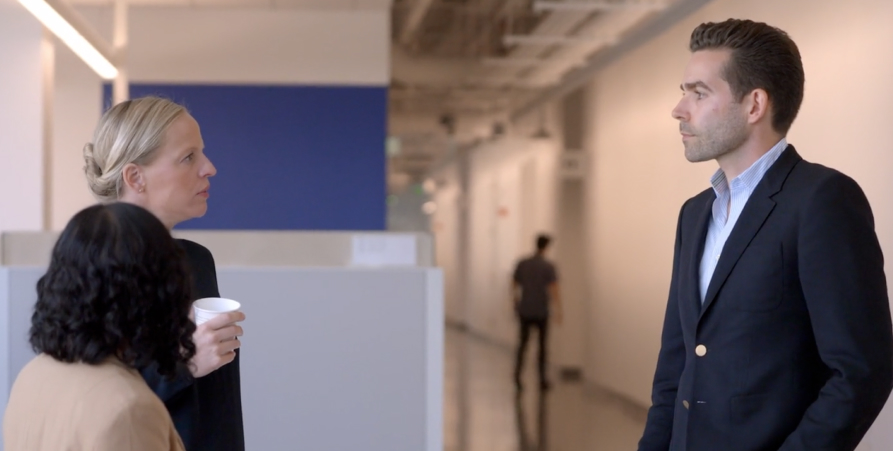

For nearly three decades, Intuitive has developed innovative robotic surgical systems that help surgeons deliver better outcomes for their patients. In 2022, Intuitive systems were used in nearly two million procedures. Today, we’re taking things a step further by seeking new approaches to some of healthcare’s most complex problems. Toward that goal, Intuitive has started a $100 million investment fund to foster innovative solutions that advance minimally invasive care.
Launched in 2020, Intuitive Ventures focuses on pushing the boundaries of minimally invasive care. Our portfolio includes machine learning and artificial intelligence, next-generation imaging and robotic technologies, early detection diagnostics, and precision therapies designed to deliver the right treatment to the right tissue exactly when it’s needed.
Focused on the development of independent, early-stage start-ups, the organization provides more than just financial resources. The team builds close relationships with their portfolio companies and is laser focused on adding value. They share best practices and access to unique resources across the healthcare landscape—including deep technical, regulatory, reimbursement, and operational know-how. To date, the team has invested in more than seven start-ups ranging from robotics and AI to software and drug delivery.
Oliver Keown (M.D.), managing director of Intuitive Ventures, began his career as a clinician. Of his current role he says, “It’s an incredible privilege of the job to invest in pioneering entrepreneurs and early-stage companies looking at the future of innovation and opportunities to really make an impact.”
Keown sees his work as a build on Intuitive’s mission and ongoing efforts to advance what’s possible in minimally invasive care. At their core, both organizations innovate to help researchers, clinicians, physicians, and hospitals achieve better outcomes for their patients.
One of Intuitive Ventures’ investments is Surge Therapeutics. Based in Boston, the company focuses on a new way to prevent the recurrence of cancer post-operatively—a factor in 90% of cancer deaths according to the company’s CEO, Michael Goldberg (PhD). Surge Therapeutics has developed a biodegradable drug delivery platform that is liquid at room temperature and becomes gel-like at body temperature. The gel has the potential to be used as a precise, sustained, delivery mechanism for substances that modulate the body’s own powerful immune system to help fight cancer.
Michael Goldberg envisions surgeons using the gel to fill areas where tumors have just been surgically removed. Based on cutting-edge, pre-clinical science, it is believed this will help patients’ own bodies destroy remaining cancer cells and future spreading.
Endogenex, another investment, is exploring a new strategy to treat Type 2 diabetes with the potential to significantly alter the course of the disease. The company has developed a product that uses an endoscopic medical device to apply novel energy to the duodenum, a section of the small intestine. This triggers regeneration of healthy tissue and may positively impact how blood sugar is regulated.

The fund’s portfolio also includes:
Neocis, which aims to bring robotic surgery to dentistry, potentially improving the accuracy and precision of dental implant procedures. Preliminary studies suggest that this system, known as Yomi, may reduce complications such as misplaced implants or infection, while also speeding up procedures.
KelaHealth, which is using artificial intelligence to help doctors predict patients’ risk of developing complications after surgery.
Flywheel, which has built a data management platform to help researchers organize and share large amounts of healthcare data.
Medcrypt, which is developing modern cybersecurity features for essential medical devices and technology.
Optellum, which uses artificial intelligence to help clinicians diagnose lung cancer.
Capstan Medical, which is developing next-generation heart valve implants and a catheter-based, robotic delivery platform to provide structural heart disease patients an alternative to open heart surgery.
While the fund recipients are in varying early stages, the potential for impact is undeniable. On the team’s hopes for the future, Keown says, “We want to create a powerful ecosystem for minimally invasive care. We understand we can’t do this alone. Our goal is to be known as the partner of choice throughout the industry to accelerate the future.” Compared with Intuitive’s nearly three decades of innovation, these are early but exciting days for Intuitive Ventures. The team is just getting started.